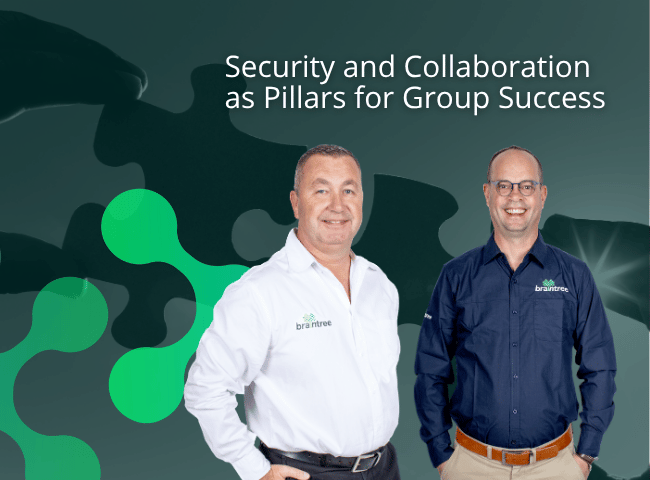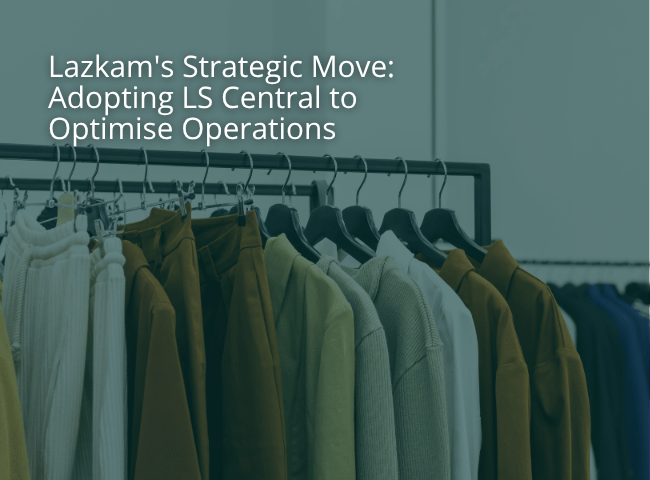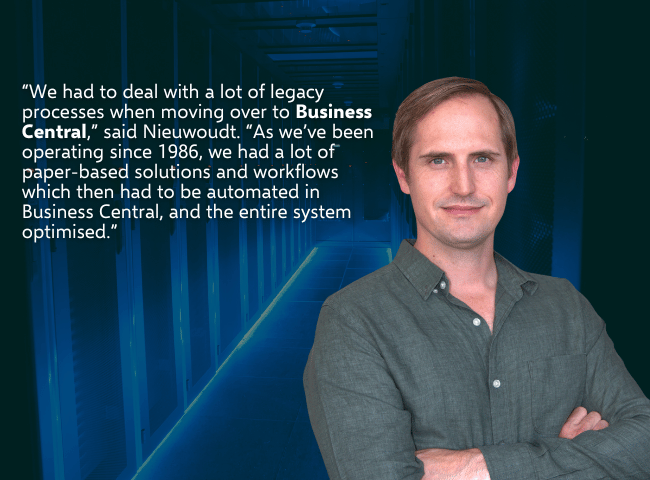Both ChatGPT and Copilot are flagship technologies created by OpenAI. While they share similarities in their foundational LLM (large language model) roots, their functions and applications offer distinctive experiences for users. Let’s dive deeper to understand these differences, their unique features, and how they might serve your business needs.
Understanding the Core Differences
ChatGPT: A general-purpose LLM built by OpenAI to mimic human-like conversations. Its primary aim is to answer a myriad of questions across diverse topics. At its core, it’s designed for rich, expansive interaction.
Copilot: While it incorporates an LLM, Copilot goes a step further. Tailored for businesses, this enterprise-grade AI adapts to your specific operational needs, data, and security protocols. Think of it as your AI assistant that understands your business’s unique dynamics.
Copilot’s Unique Features
- Contextual Responses:
Whether you’re drafting an email in Dynamics 365, developing a low-code application, or segregating customer segments in your CRM, Copilot ensures the AI responses are aptly suited to your current task. It’s the synergy of LLM and your business data that creates these bespoke outcomes.
- Privacy and Security Assurance:
Built on the robust Microsoft Azure OpenAI Service, Copilot stands strong on enterprise-level security, compliance, and privacy pillars. When you use Copilot, your data remains within your sphere and doesn’t contribute to LLM’s learning. It’s a testament to OpenAI’s commitment to individual business data sanctity.
How Copilot Augments Dynamics 365 and Power Platform
Utilising foundation models alongside Microsoft’s proprietary tech, Copilot delivers dynamic results:
Search Integration: Bing and Microsoft Azure Cognitive Search offer domain-specific context to Copilot. This fusion enables a rich response spectrum, extracting data from diverse content forms like documents within your organization.
Microsoft Graph & Dataverse: By integrating Microsoft Graph API, Copilot gains an additional layer of context, pulling signals from various sources like emails, chats, and meetings. This ensures that when you query, your results are precisely tailored to your needs, reinforced by your business content.
Safeguarding Proprietary Business Data
Microsoft’s ethos revolves around data security. Copilot bridges LLMs to your business data without compromising confidentiality. The AI does not employ customer data for model training, respecting Microsoft’s staunch data privacy principles. Furthermore, any data harnessed for prompt generation remains inaccessible, unless explicitly authorised.
Copilot’s Commitment to Data Protection
Enterprise-Grade AI with Azure: Copilot, being an offspring of the Azure OpenAI Service, naturally imbibes Azure’s robust AI and security features.
Inherent Safeguards: Being integrated into Microsoft’s ecosystem means Copilot inherently adopts the tried-and-tested security, compliance, and privacy measures of services like Dynamics 365 and Microsoft Power Platform.
Continual Learning & Evolution: Beyond its foundational abilities, Copilot constantly learns. Whether connecting to CRM systems or adapting to new business processes, it aims to consistently enhance its repertoire.
Regulatory Compliance & Responsible AI
Operating within the Azure framework, Copilot’s compliance aligns with Azure’s standards. As AI regulations evolve, Microsoft remains poised to adapt swiftly. The company’s dedication to responsible AI, underscored by principles like fairness, reliability, privacy, and transparency, ensures that users have comprehensive insights to make informed deployment decisions.
While both ChatGPT and Copilot are commendable in their AI capacities, Copilot offers an enterprise-focused experience, enhancing business processes with its unique features. As AI continues to revolutionise industries, having a clear understanding of these tools can be the key to harnessing their potential effectively.








